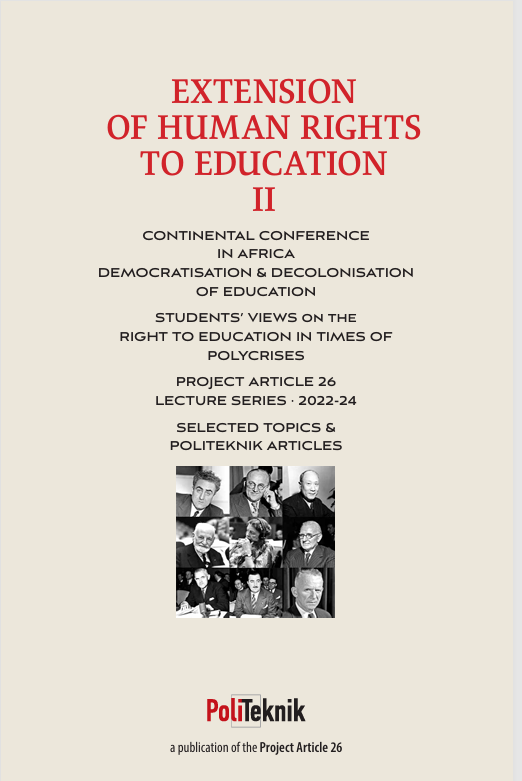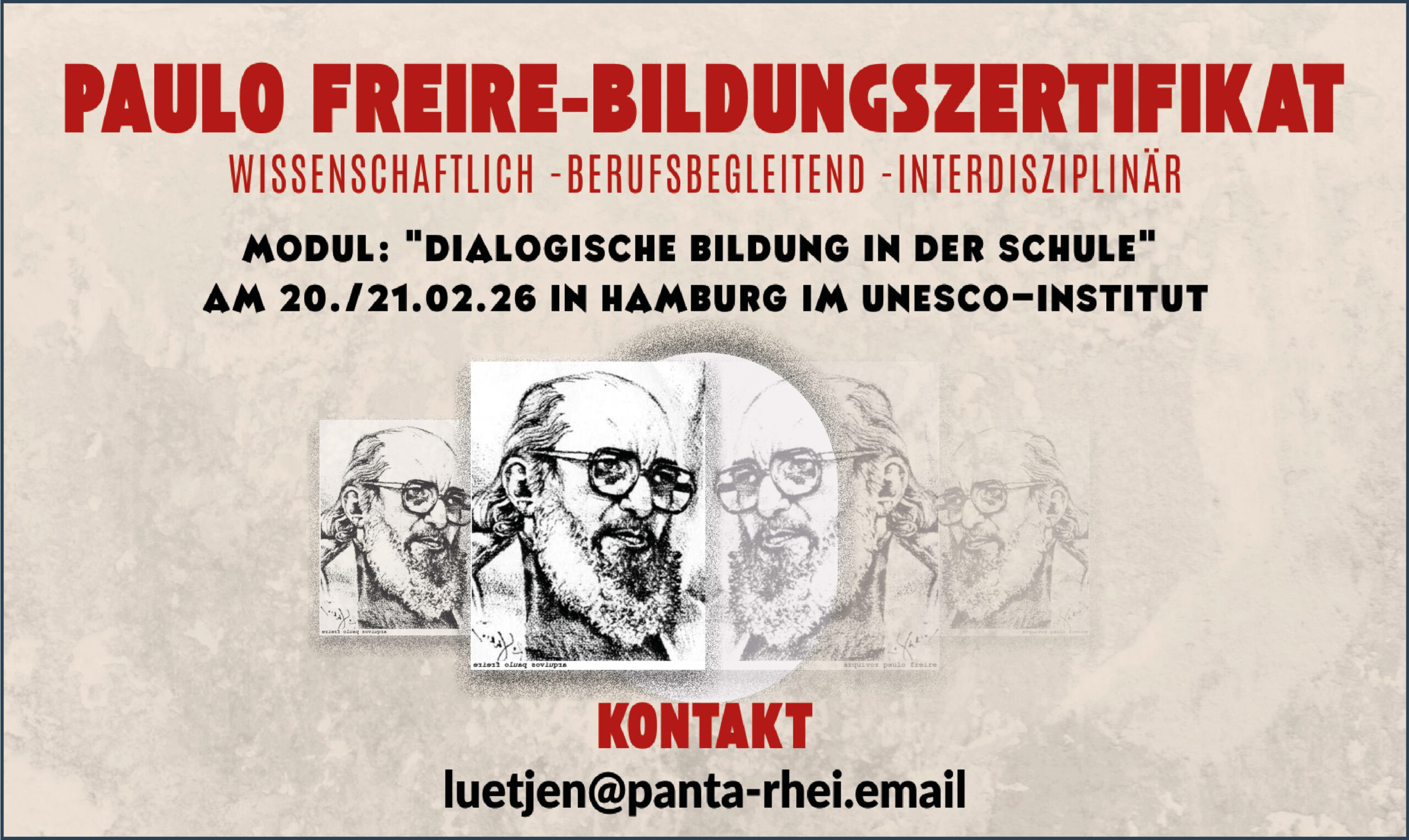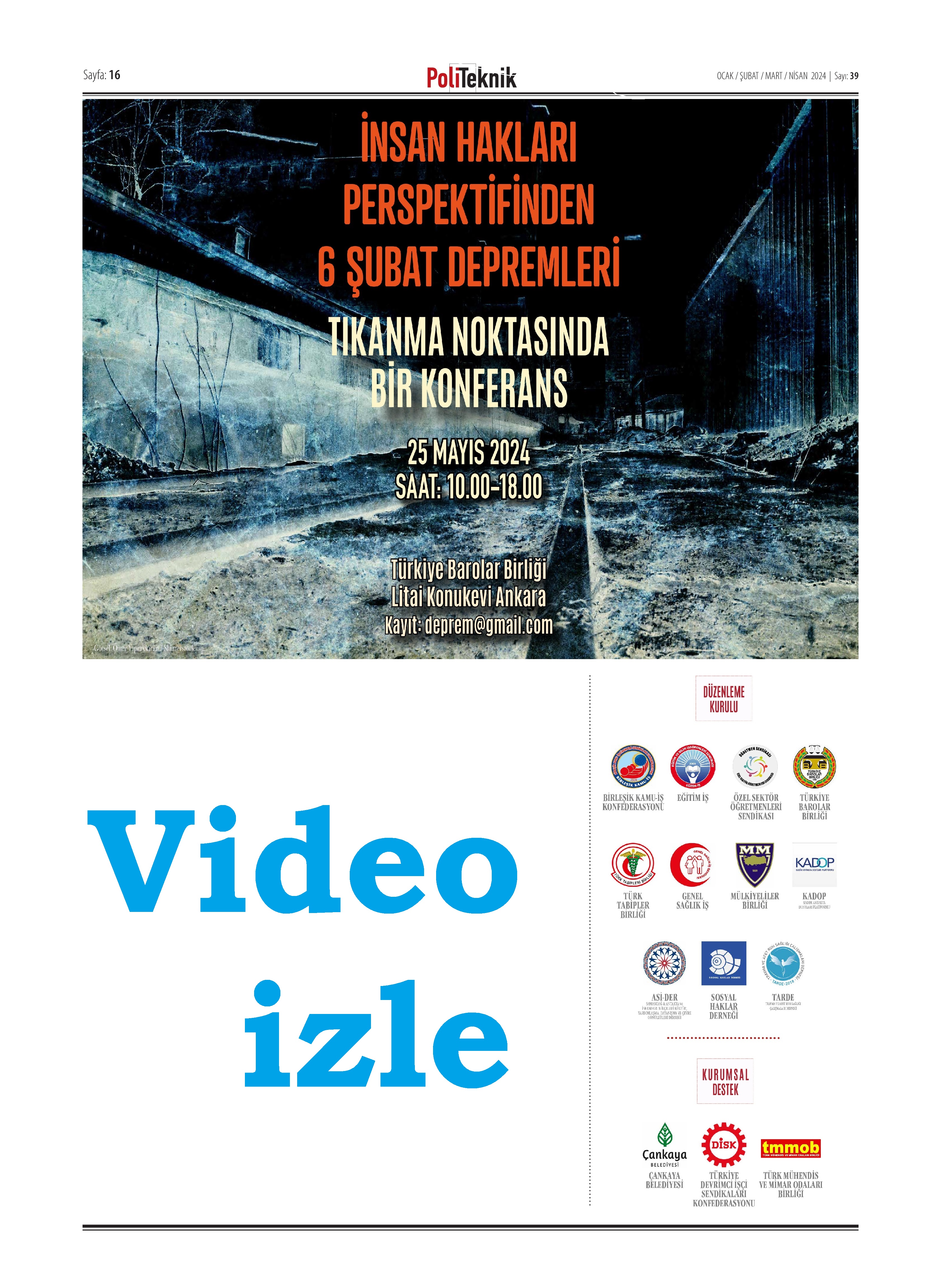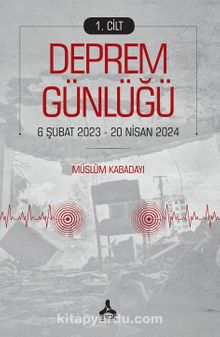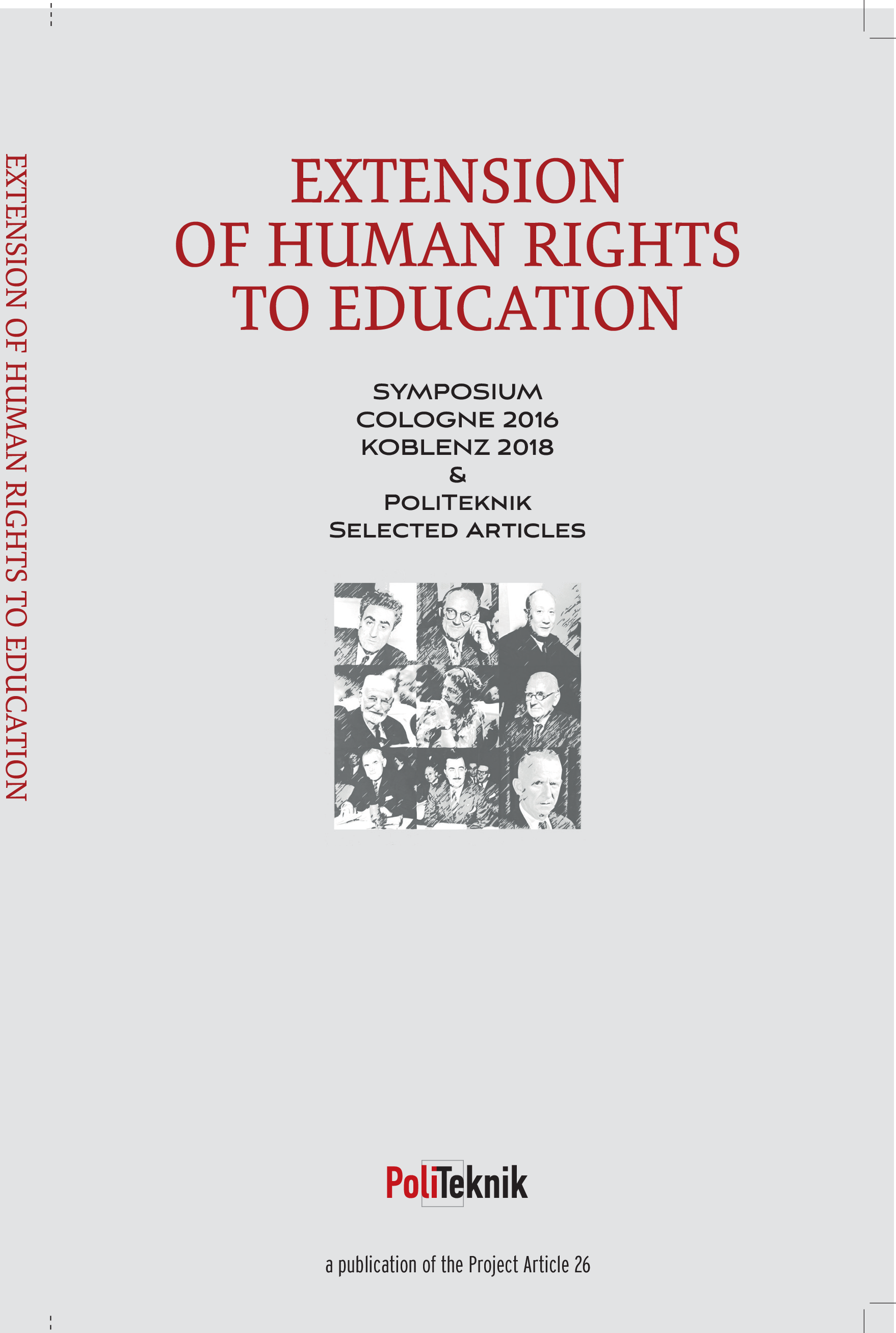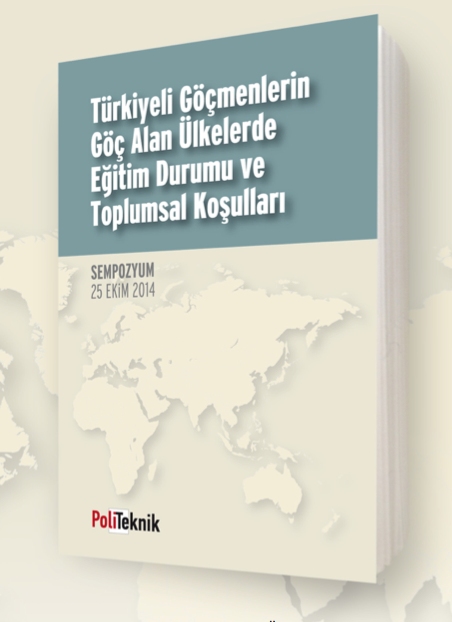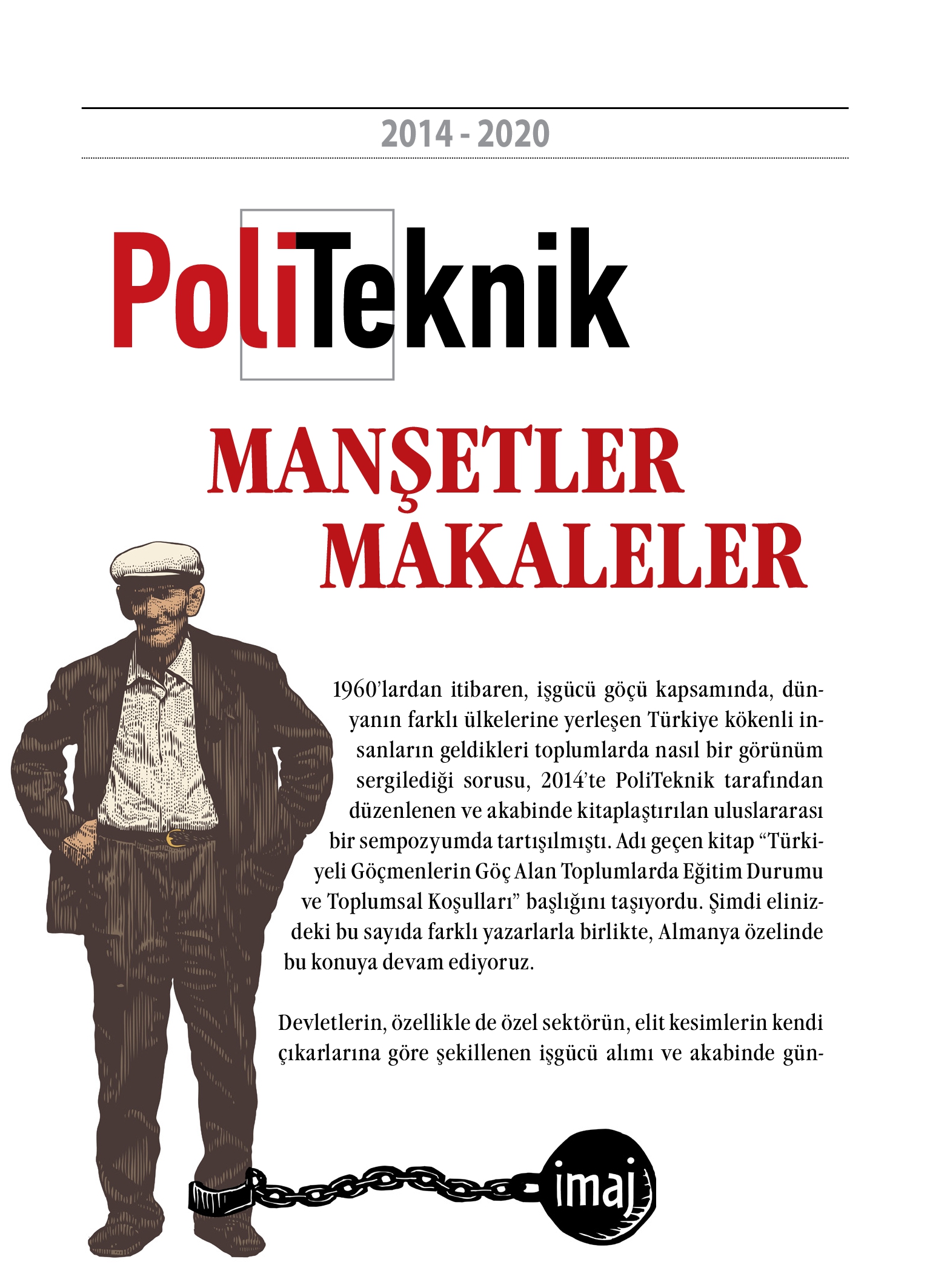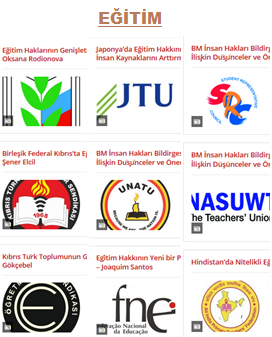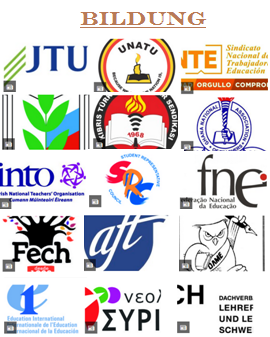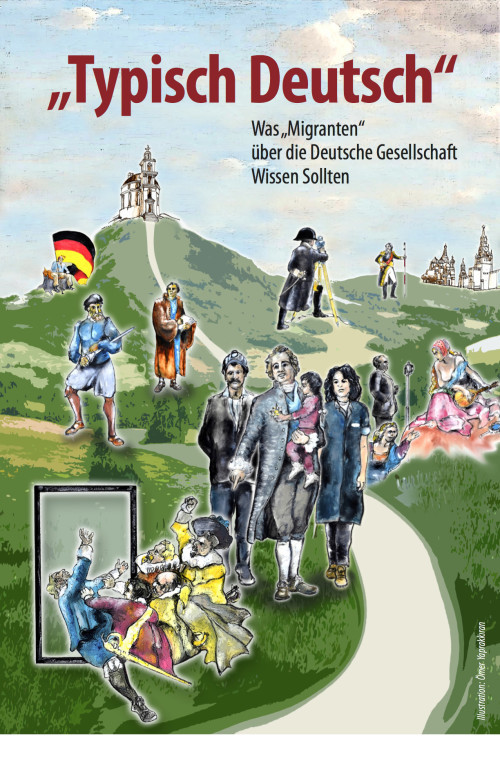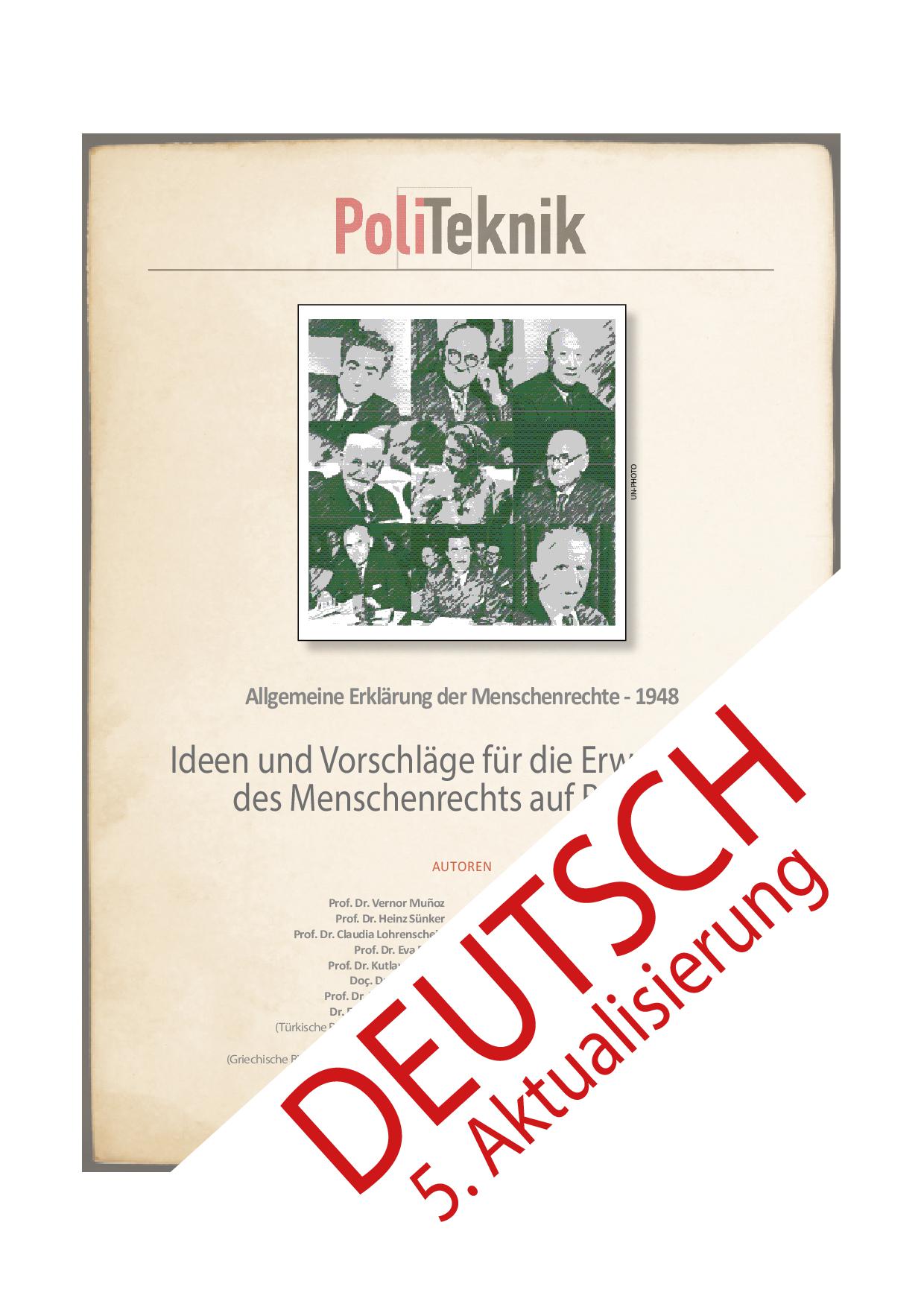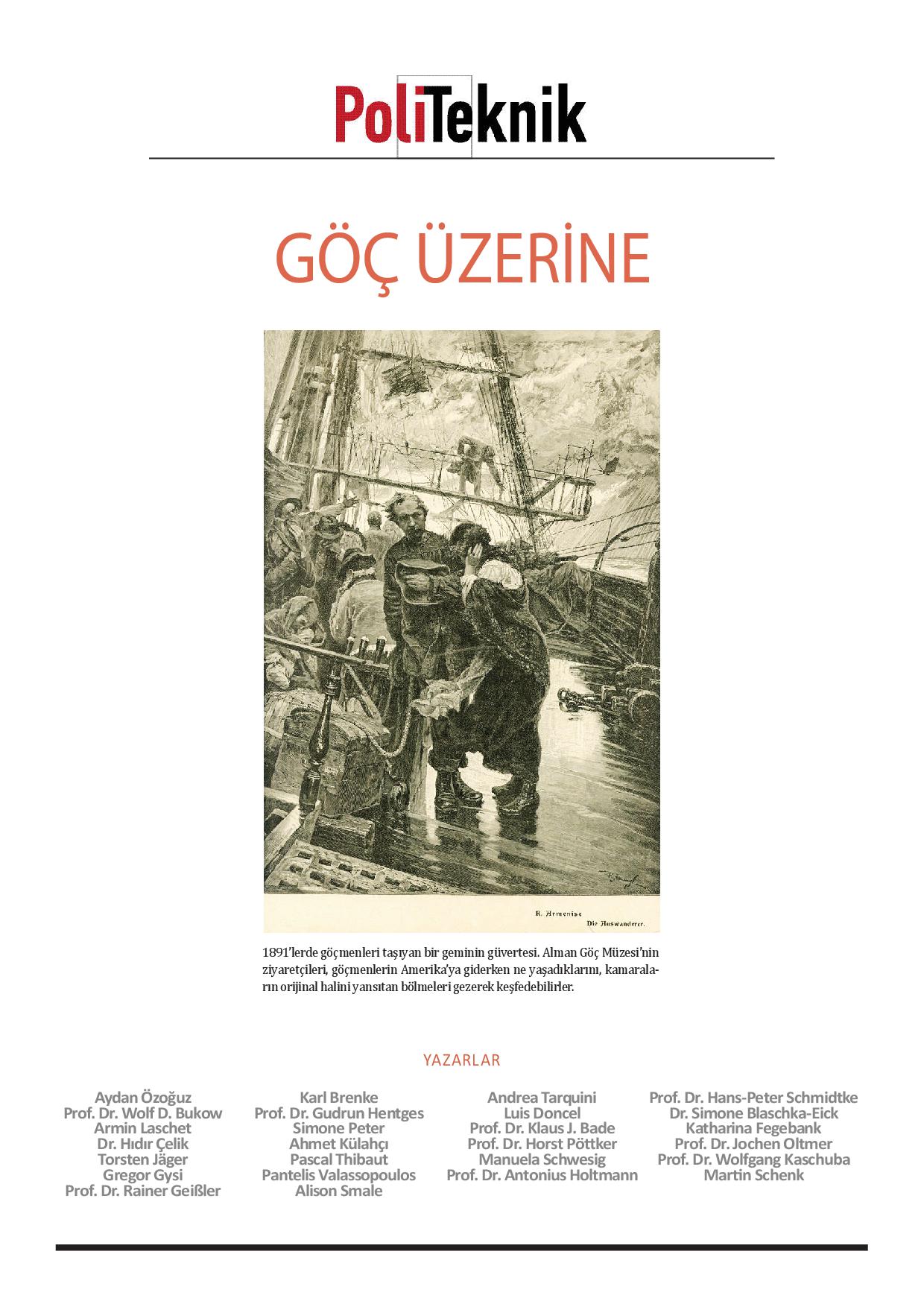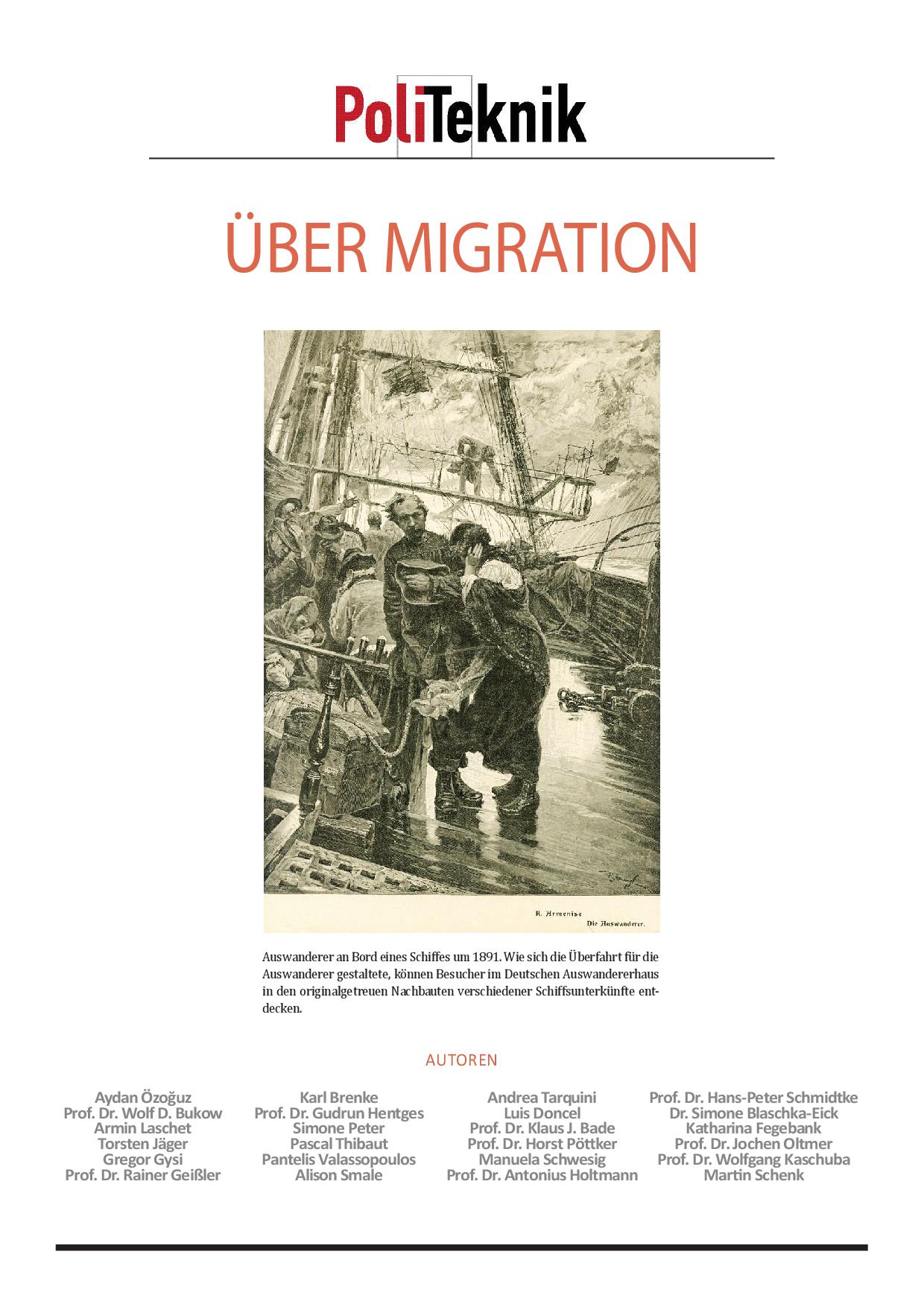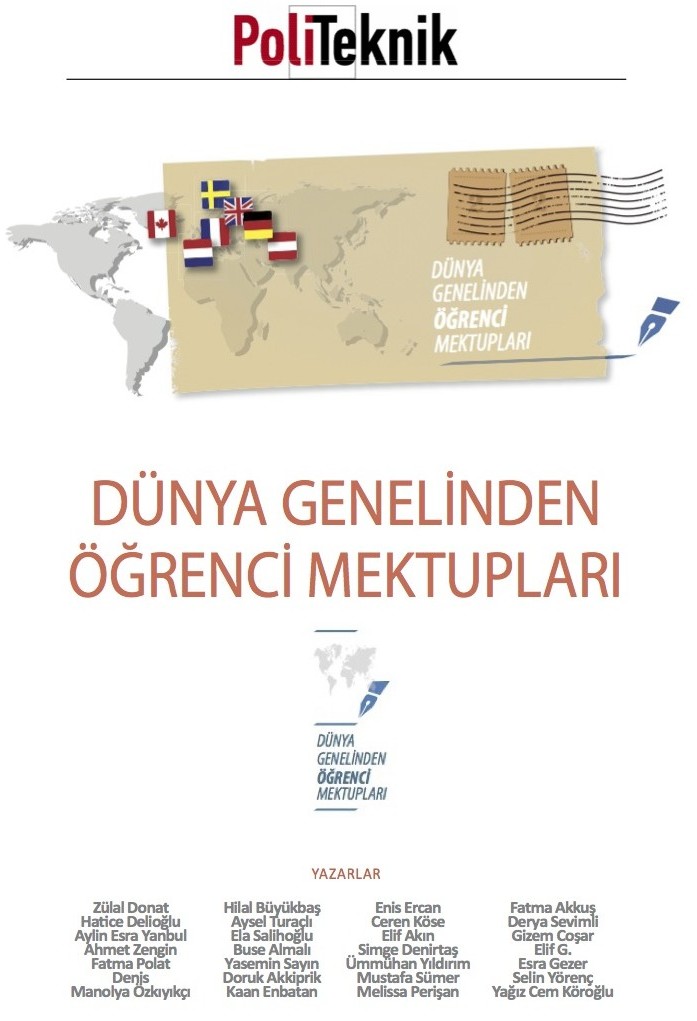Stéphanie Hennette Vauchez
Professor of law
Université Paris Ouest Nanterre La Défense
Centre Théorie et Analyse du Droit (CREDOF)
Laïcité is a foundational value of the French legal and political order. Article 1 of the Constitution reads: “France shall be an indivisible, secular [laïque, in French], democratic and social Republic. It shall ensure the equality of all citizens before the law, without distinction of origin, race or religion. It shall respect all beliefs […] ». This prominent status of laïcité in the constitutional order ties back into historical and political reasons. Different understandings of the desirable relationship between religion(s) and the State have coexisted and conflicted overtime. Philosophically, some of the versions of the Enlightments’ articulation of religion were undoubtedly essentially negative -as religion was readily equated with a form of obscurantism that Reason should combat. Eventually, as one can see in the founding texts of what now appears as the French republican tradition (from the Declaration of 1789 to the 1905 Act on the separation of Churches and State), it is a more liberal preference for religious toleration that prevailed (on this: see Valentine Zuber, Le culte des droits de l’Homme, Gallimard, 2014). Politically, different political settlements have followed one another. As the Napoleonic concordat that had given special status to Catholicism, Protestantism, and Judaism was abolished, a strong tradition of anti-clericalism expressed itself –and endured in certain conceptions of the Republic. These diverse understandings have blended, eventually, in the law of 9 December 1905 which has proved to be a rather stable and long-lasting piece of legislation –one that still governs the relationship (and in fact, the separation) between churches and State.
The law of 9 December 1905 is usually identified as the foundational rock on which French laïcité was built. Although it does not use the actual word, the 1905 Act defines laïcité as a legal regime resting on two main pillars: 1°) a recognition of the individuals’ right to freedom of conscience and religion 2°) an obligation of religious neutrality for the State and public authorities. For the most part of the 20th century, legal, political and religious actors have essentially applied this legal regime. In the first part of the 20th century, this has taken the form of judicial interpretations of the 1905 law as, on the one hand, compatible with public/social manifestations of religions (including the then-dominant Catholic religion, towards which radical proponents of laïcité had conceived the law was mostly targeted) and as, on the other hand, requiring strict religious neutrality from public authorities (exclusion of any form of public funding of any religion; prohibition for civil servants to express their religious beliefs when on the job…).
Later in the 20th century, when tensions over laïcité began to focus on the issue of Muslim female school students’ wearing of headscarves at the end of the 1980s, judges and administrative authorities reaffirmed the notion that as individuals, school pupils had the right to freedom of religion, which included the right to express one’s religious beliefs at school. In fact, several judicial rulings from the higher courts clearly expressed the notion that laïcité was not hurt by the expression of students’ religious beliefs –to the extent that the internal school public order was not threatened by incompatible claims of religious exemptions from attendance (no systematic absence from school on Saturday, even for Shabbat) or from safety rules (eg., prohibitions on the wearing of the veil in chemistry or sports classes could appear to be justified).
By now and for a little over a decade, however, the very meaning of the concept of laïcité has undergone significant changes as a result of a number of political and legal mobilizations. Increasingly, laïcité has shifted from being one of the grounds of religious freedom to becoming the legal ground for a generalized obligation of religious neutrality –one that no longer weighs on public authorities alone, but on private individuals as well (Stéphanie Hennette Vauchez, Vincent Valentin, L’affaire Baby Loup ou la Nouvelle Laïcité, LGDJ, 2014).
Arguably, the first step in the direction of this redefinition has been the adoption of the Act prohibiting the wearing of religious garb in public schools in 2004. For the first time in the history of the legal regulation of religion, the Act clearly expressed the notion that laïcité may command religious neutrality of private individuals. Following that breakthrough, further instances of such extension of scope have multiplied. Locally, some schools have started to argue that since pupils could not express their religious beliefs, nor should parents, when they participate in school activities (for instance, when they help out teachers by accompanying a class to the museum or the theater); and this has been upheld by local judges. Religious neutrality in the workplace has also become a topic of intense debate and discussion. So far, the application of principles of non-discrimination in the field of labor law had led to the notion that employees’ religious freedom could only be restricted if and when such a restriction was commanded by the specificities of a given job. For instance, it was upheld that a retail salesperson could be prohibited from wearing the full veil, or that a butcher’s employee could be fired when he suddenly refused to manipulate pork meat. However, employers were not allowed to adopt general policies on religious freedom –and certainly not general bans on the expression of religious beliefs. However, a recent and much-debated case (the Baby Loup case) caused recent shifts in this traditional understanding of laïcité in the workplace. The case initiated with the firing of a woman working in a daycare facility because of her refusal to comply with her employer’s new religious neutrality policy. Ms Afif had been the employee and indeed the deputy director of the facility for a decade, and then was off the job for several years as she took maternity and parental leaves in order to take care of her children. Upon returning to her job, Afif refused to take her veil off; tensions with the management escalated and she was eventually fired. In 2010, the French Equality Body resolved that her firing was discriminatory as it was based on solely religious grounds. Afif thus decided to seek judicial compensation and took her case to court –a process that eventually turned into a five-year judicial saga, featuring two interventions by the supreme judicial court and receiving much media attention. Ultimately Afif’s firing was upheld in a very casuistic decision that deems the facility’s internal rule of religious neutrality legal, but only because of the small size of the structure. Although it is unclear that this decision really sets new legal grounds for wider restrictions on employees’ religious neutrality in general, the Baby Loup case itself has, to be sure, unleashed wide debates on the legitimacy of restrictions on religious freedom at work.
Although several advisory bodies have expressed concerns that this would be an unjust extension (and in fact, redefinition) of laïcité, mainstream media discourse, opinion polls as well as legislative proposals abound in that direction. Although they have not come through so far, several bills were presented in Parliament aimed at allowing companies and employers to require religious neutrality from workers in the workplace, either generally or in some sectors specifically (such as childcare institutions), or during official sports competitions. Similarly, another recently bill argued that higher education should also be governed by a rule of religious neutrality. And of course, all these proposals are to be understood against a background in which the expression of radical Muslim faith throughout the wearing of the niqab was banned by an Act of 2010 (the Act was upheld by both the Constitutional court in France and the European Court of Human Rights).
To be sure, France is not the only country in which anxieties vis-à-vis increasingly visible expressions of pluralism are currently taking the form of a heightened attention to religious expressions thereof; and in France as elsewhere, these anxieties seem to concern expressions of Muslim faith in particular. Switzerland has voted by referendum to ban minarets; the United Kingdom is questioning its tradition of multiculturalism and Belgium is another country where a ban on the burqa has been deemed necessary and timely.
The routinization of obligations of religious neutrality, however, raises a number of questions. From a theoretical standpoint, it arguably jeopardizes religious freedom (which includes, pursuant to art. 9 of the European Convention of Human Rights, the right to express one’s religious beliefs both in private and in public) but also liberty itself, as obligations to respect a number of republican rules and values seem to be shifting into obligations to adhere thereto. From a more empirical standpoint, it can also be challenged with regards to concepts of equality and non-discrimination. To be sure, technically, contemporary redefinitions of laïcité in France potentially concern all religions; and in fact, they have recently caused for expressions of several confessions to be questioned as to the legitimacy of their expression in the public sphere. Interestingly, the recent finding by the UN Human Rights Committee that the 2004 ban on religious garb in schools weighed disproportionately on religious freedom is the result of a complaint initiated by a sikh pupil. However, for the most part, it is Muslim individuals –among which, in most cases, Muslim women- that laïcité is opposed to. There are, therefore, serious questions about the discriminatory effect of these redefinitions of laïcité.
As forms of political terror that claim Islam as a reference spread out across the globe (certainly in Paris in January 2015 but also in other parts of the world where organizations such as Boko Haram, ISIS or the likes of them have launched attacks), it is important for democracies to maintain distinctions and in fact reaffirm the sheer incomparability of political violence with benign claims to religious freedom. As the European Court of Human Rights has it, the defense of religious freedom is not only important for believers and non-believers alike; it is a freedom necessary for democracies in themselves: “freedom of thought, conscience and religion is one of the foundations of a ‘democratic society’ within the meaning of the Convention. It is, in its religious dimension, one of the most vital elements that go to make up the identity of believers and their conception of life, but it is also a precious asset for atheists, agnostics, sceptics and the unconcerned. The pluralism indissociable from a democratic society, which has been dearly won over the centuries, depends on it » (ECHR, 25 mai 1993, Kokkinakis v. Greece).




